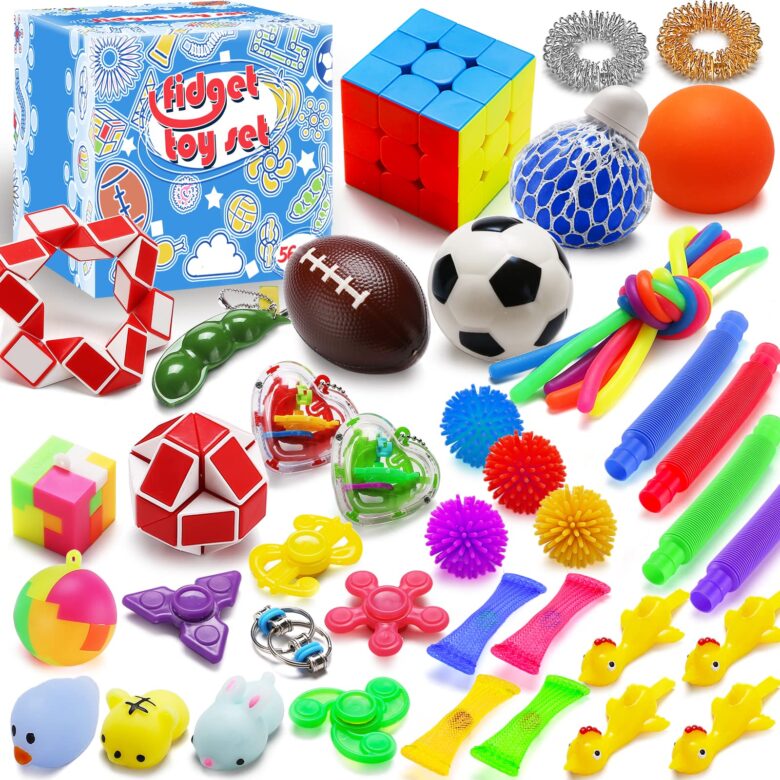Parenting is a beautiful journey filled with moments of joy, growth, and the continuous search for ways to connect with and engage our children. One such avenue that has gained popularity in recent years is the use of sensory and fidget toys. These toys provide sensory stimulation and are a powerful tool for parent-child bonding and engagement. This article will explore the benefits of sensory toys for kids and how they can enhance the parent-child relationship.
1. The Power of Sensory Exploration
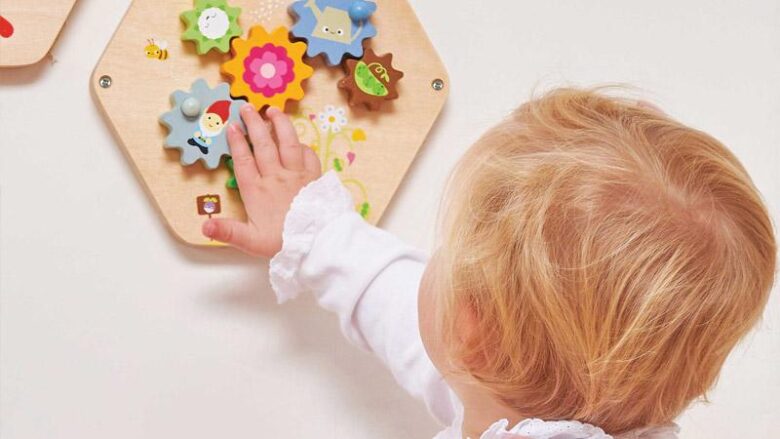
Sensory toys offer a wide range of textures, colours, sounds, and movements that captivate a child’s attention and stimulate their senses. From squishy stress balls to textured sensory balls, these toys allow children to engage their senses in a fun and interactive way. As parents join in this sensory exploration, they create a shared experience that strengthens the bond between parent and child. Engaging in sensory play together allows parents to observe their child’s reactions, respond to their cues, and provide a safe and nurturing environment for exploration.
Moreover, sensory exploration stimulates various sensory pathways in a child’s brain, enhancing their cognitive development. It helps them make sense of the world around them and develop a better understanding of different textures, shapes, and sensory inputs. By actively participating in sensory play with their children, parents provide valuable support and guidance, allowing their little ones to make connections and develop their sensory processing skills.
2. Enhancing Communication and Language Skills
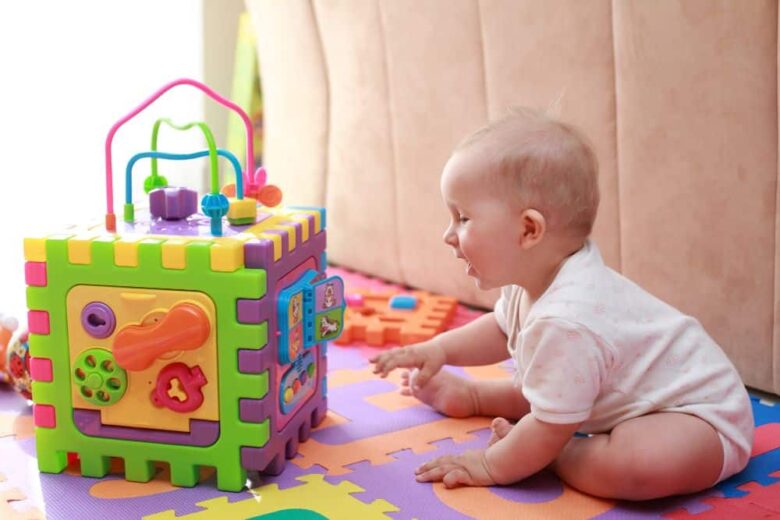
Sensory play with the help of toys like sensory bins, play dough or sensory bottles creates opportunities for communication and language development. As children engage with different textures, shapes, and sounds, parents can encourage descriptive language, ask open-ended questions, and engage in meaningful conversations. This back-and-forth communication not only builds vocabulary but also fosters a sense of trust and connection between parent and child. By actively participating in their child’s play, parents can support language development and create a strong foundation for future communication skills.
Additionally, the sensory play offers a context-rich environment for language learning. Children naturally express their thoughts, emotions, and experiences while interacting with sensory toys. This provides parents with valuable opportunities to engage in meaningful conversations, expand their child’s vocabulary, and promote language comprehension. Whether it’s describing the texture of sand or discussing the colours of different sensory objects, sensory play becomes a platform for language enrichment and communication skill development.
3. Managing Emotions and Developing Self-Regulation
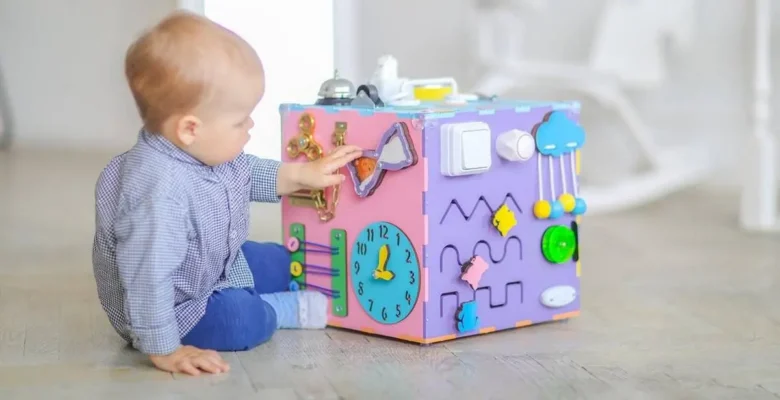
Fidget toys, such as stress balls, sensory spinners, or chewable necklaces, can be valuable tools for children who struggle with managing their emotions and developing self-regulation skills. These toys provide a tactile and calming outlet that allows children to channel their energy and focus. When parents join their children in using fidget toys, they demonstrate understanding, empathy, and support. Engaging in fidget play together can be a comforting and soothing experience for both parent and child, fostering a sense of security and emotional connection. Engaging in fidget play with their children helps parents create a safe and supportive space where their little ones can learn to identify and regulate their emotions effectively.
Furthermore, fidget toys have been found to promote emotional regulation by redirecting attention and providing a sensory-based outlet for stress and anxiety. When children engage with fidget toys, they can redirect their focus and reduce emotional intensity. By joining their children in using fidget toys, parents can not only help their little ones manage their emotions but also teach them healthy coping mechanisms. This shared experience of fidget play can become a valuable tool for emotional bonding, understanding, and resilience-building.
4. Promoting Creativity and Imagination
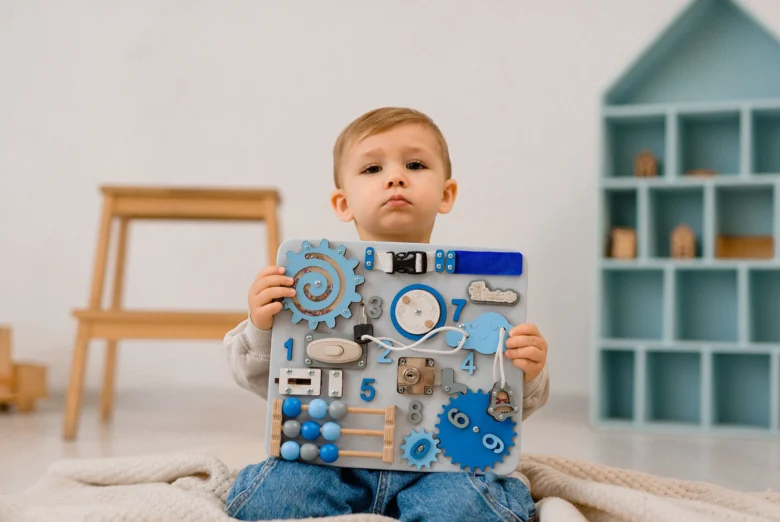
Sensory toys for kids provide an open-ended play experience that encourages children to explore their imagination and creativity. Whether it’s creating patterns with sensory blocks, moulding shapes with play dough, or constructing structures with sensory sand, these toys ignite the child’s imagination and inspire endless possibilities. When parents actively engage in imaginative play with their children, they nurture their child’s creativity, problem-solving skills, and critical thinking abilities. Together, parents and children can build imaginative worlds, tell stories, and create lasting memories. By encouraging open-ended play with sensory toys, parents can witness their child’s creative thinking blossom as they experiment, invent, and explore new possibilities.
In addition to stimulating creativity, sensory play also supports cognitive development. Through hands-on exploration with sensory toys, children develop their problem-solving skills, spatial awareness, and fine motor coordination. As parents join their children in these creative endeavours, they not only encourage imagination but also provide support and guidance, helping their children develop important cognitive skills.
5. Building Trust and Emotional Connection
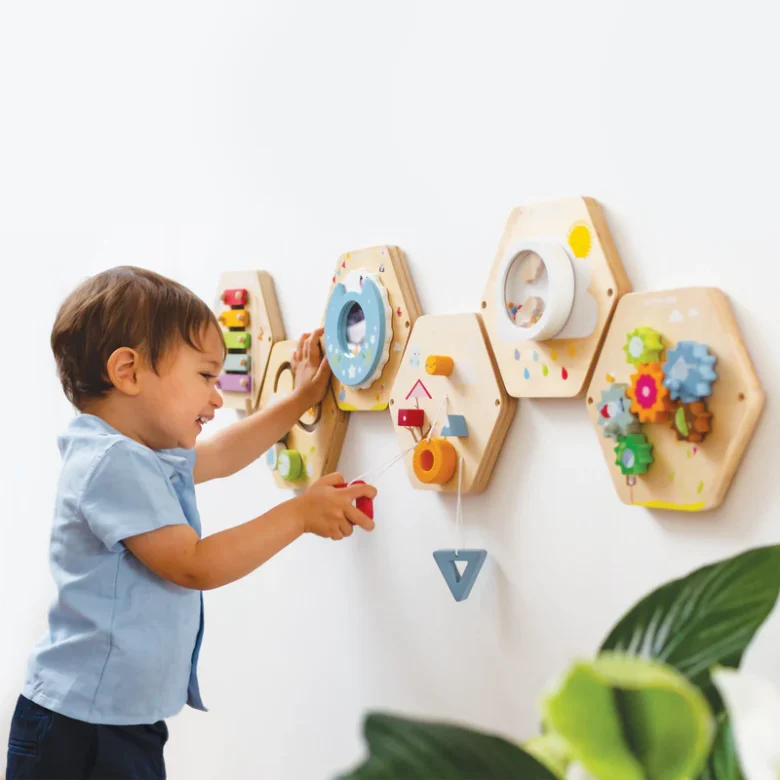
Engaging with sensory toys not only provides a fun and engaging experience but also serves as a platform for building trust and emotional connection between parent and child. When parents actively participate in sensoryhil play, they show their children that they are present, available, and interested in their world. This shared experience strengthens the bond of trust and fosters a secure attachment between parent and child. Through sensory play, parents can create a safe and loving environment where their child feels seen, heard, and valued. Engaging in sensory play activities with their children allows parents to create cherished memories and meaningful moments that strengthen the emotional connection between them.
Moreover, sensory play allows parents to gain insights into their child’s emotions, preferences, and individuality. By observing their child’s reactions to different sensory stimuli, parents can better understand their needs, fears, and interests. This understanding strengthens the emotional connection and helps parents provide personalized care and support. Sensory play becomes a shared language of love and acceptance, nurturing the parent-child relationship and creating lasting memories.
Conclusion
Sensory toys for kids are more than just playthings – they are powerful tools that promote parent-child bonding, engagement, and growth. By engaging in sensory exploration, enhancing communication and language skills, supporting emotional regulation, fostering creativity and imagination, and building trust and emotional connection, parents can create meaningful and memorable experiences with their children. So, embrace the world of sensory toys and embark on a journey of shared joy, learning, and connection with your little ones.

